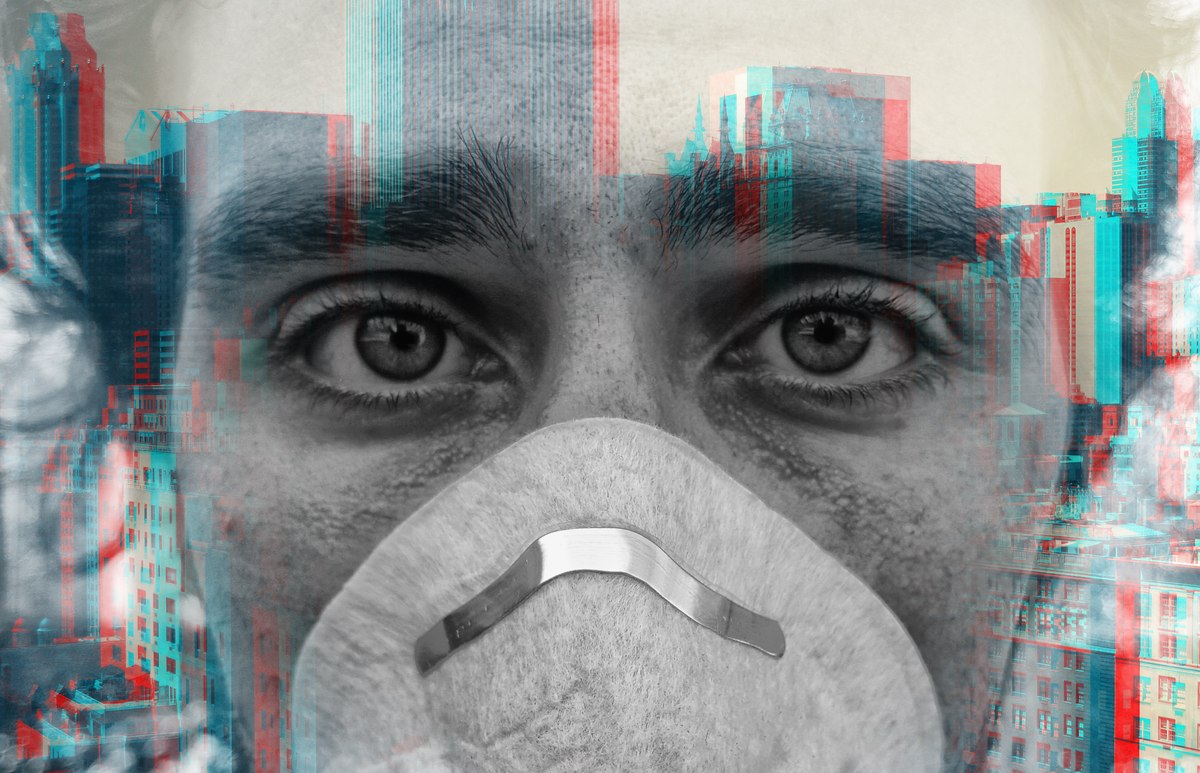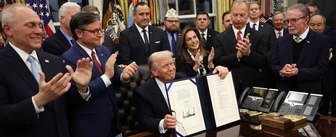Nearly two-thirds of Americans (63%) expect to face a so-called second wave of the coronavirus pandemic if restrictions are eased – and there is a consensus that wave will be as bad or even worse than the perceived first wave, according to the latest Economist/YouGov Poll. Many, however, believe a full economic reopening can be safely done within the next month.
In an interview with The Washington Post, Dr. Anthony Fauci, the director of the National Institute of Allergy and Infectious Diseases, disputed the idea that we might be entering a second wave because “unfortunately for us, we still are in the first wave because even though there’s variability throughout the country ... we’re seeing in certain states an increase in cases and even now an increase in some of the states of hospitalization.”
{{ raw_content }}
In this question, people were asked whether they believe there will be an increase (or second wave) of coronavirus infections that will be as bad or worse than the first wave. While Republicans are less likely than other groups to expect a second outbreak in the United States if the authorities ease restrictions, half (49%) say there will be one.
Not all of those who believe the economy should fully reopen within a month think that will be the end of COVID-19. Half of them expect spikes in the disease after reopening.
One key ingredient for a full economic reopening is having a vaccine. But only one in four (26%) Americans expect a vaccine by the end of 2020. Republicans are a little more optimistic, and a third (32%) of them expect a vaccine by the end of the year. Half the country expects it will take longer. The rest don’t know.
Even without a vaccine, however, some are willing to reopen. That’s particularly true of Republicans, whether or not they think a vaccine will be available soon. Even Republicans who don’t think a vaccine will be ready this year are willing to open the country without one.
One reason Republicans are more willing to open the economy as soon as possible is that they are far more likely than Democrats or independents to prioritize fixing the economic impact of the pandemic over fixing its health impact. Even in what most of the public recognizes as a recession, nearly two-thirds would focus on managing the health issues first, while 37 percent prioritize the economy. Republicans, however, prioritize the economy (60% to 40%).
America‘s experience with the virus depends on who you are and where you live. Black Americans are twice as likely as whites to have a close friend or a family member die from COVID-19. Personal knowledge of someone who has died is also higher in the Northeast than in other regions, and among Democrats than among Republicans. Additionally, partisans see the pandemic differently in their own neighborhoods. Nearly seven in 10 Democrats (68%), but just 36 percent of Republicans, describe the pandemic as a serious one in their own communities.
See the toplines and crosstabs from this week’s Economist/YouGov Poll
Methodology: The Economist survey was conducted by YouGov using a nationally representative sample of 1,500 U.S. adult citizens interviewed online between June 14 - 16, 2020. This sample was weighted according to gender, age, race, and education based on the American Community Survey, conducted by the US Bureau of the Census, as well as 2016 Presidential vote, registration status, geographic region, and news interest. Respondents were selected from YouGov’s opt-in panel to be representative of all US citizens. The margin of error is approximately 3.2% for the overall sample.
Image: Getty









